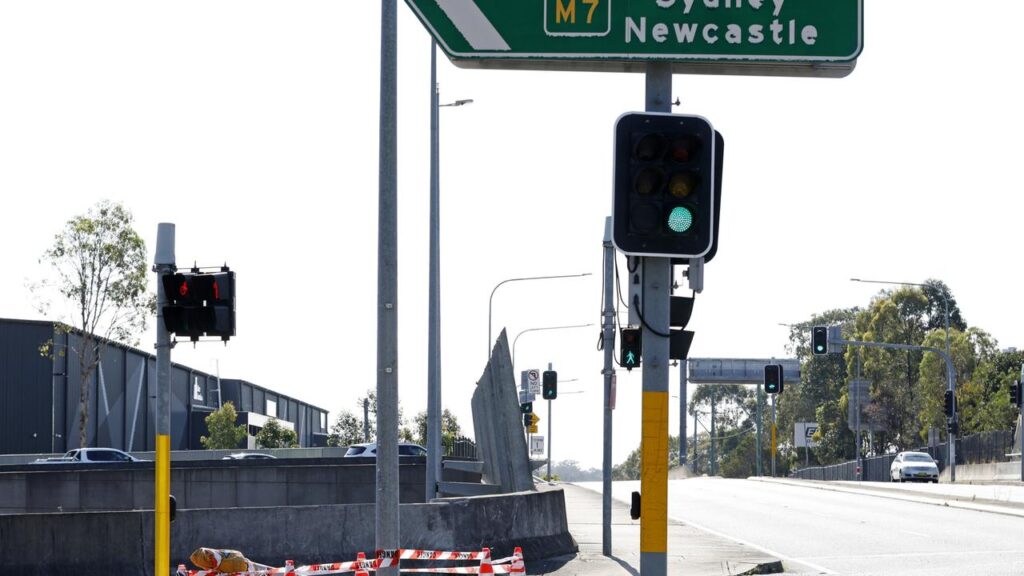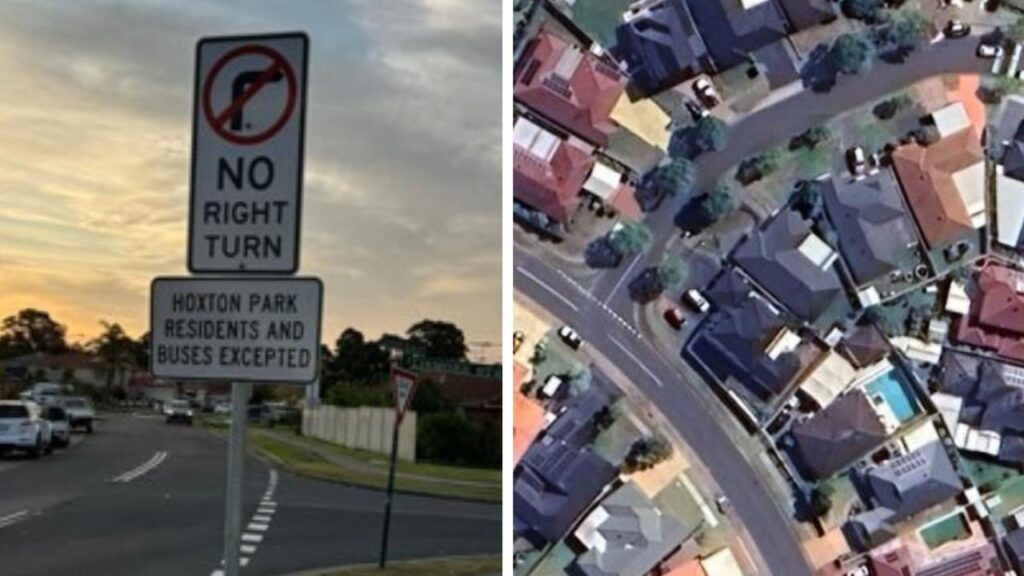Shocking emails expose Australia’s strata committee crisis
Written by admin on September 9, 2024
Dr Smith* thought he’d retired to a nice suburb and complex in Sydney’s east when for the first time, as a strata committee member, he was confronted by other members who thought nothing of abusing him.
The stoush began when he simply suggested cleaning faecal matter from defective piping which had leaked onto his car space.
Instead of a solution, emails seen by news.com.au reveal he was met with accusations by the chairman of the committee that the only “faecal matter” was the “stinky content” of his email and that he stop “faecal ranting” about “faecal nonsense”.
But it didn’t stop there, with another committee member suggesting Dr Smith stop “creating drama” and that he should “sell” and “go find happiness” elsewhere.
“To say I was shocked is an understatement,” Dr Smith said.
“For the next committee meeting, I asked that a list of rules about behaviour and protocol be read by the strata management company before the meeting proceeded.”
Meanwhile, in another example, Samantha*, a lawyer and committee member on another complex, said she was stunned to find that her committee chairman took it upon himself to send a derogatory letter to a long-term tenant telling him to “stop washing his genitals with the hose” and to “stop spreading odours with his cooking”, while also wrongly accusing him of having a “mental illness”.
“The committee was livid at these accusations, as they only came from the chairman. I insisted a record be kept by strata management that the committee had not approved this,” she said.
“It’s disgraceful. Imagine this happening in the workplace? Strata committees are like the wild wild west.”
These are just two of countless examples of the bullying and harassment going on within many Australian strata committees with no consequences at the moment, which are having a devastating impact on victims.
And meanwhile, numerous reports also abound about buildings being unsafe due to strata committees that are unwilling to spend money and as a result, opt for cheaper, bandaid solutions, leaving tenants vulnerable.
In a 2021 research report about serious defects in strata buildings, 39 per cent of buildings reported serious defects – which leads to significant financial and emotional stress for owners, tenants and strata managers.
The most commonly occurring serious defect related to waterproofing, affecting 23 per cent of surveyed buildings, followed by fire safety at 14 per cent.
Around 47 per cent of buildings with serious defects were able to achieve resolution, but only 15 per cent of buildings with serious defects were reported to Fair Trading.
Take the example of a nine-floor apartment building in Bankstown in Sydney’s south west, which had its two lifts out of order for nine months, leaving only a narrow fire escape and stairwell as a thoroughfare.
Earlier this year, A Current Affair reported that a 75-year-old resident in a wheelchair had been left unable to get down the stairs to make a doctor’s appointment – because the strata committee did not want to spend money fixing the lifts.
And yet another rising issue for strata committees is online harassment, threats and bullying in the digital age when communication is now predominantly online.
Organisational psychologist David Heap explained emails were a poor medium for any emotion.
“It’s like road rage with people inside cars; people on email become less inhibited,” he said.
He added that a major issue at the moment within organisations was psychological health and safety in the workplace due to the Work Health and Safety Act, which was amended in 2023 and which focused the employer’s attention and responsibilities around managing the mental health of employees.
“The question here is, who is accountable for the behaviour of people on strata committees, and who is held liable? Ongoing stressful behaviours as such constitute a psychological hazard which can be seen as no different to the risk presented by someone falling down a hole on the property.”
The NSW Civil and Administrative Tribunal (NCAT) is the only means to officially solve a strata dispute, but due to its lengthy process, it is often not used.
“NCAT was a bit of a joke to be honest. They are a toothless tiger,” Samantha said.
“You have to try to mediate first and the other side isn’t required to turn up for mediation. It didn’t resolve anything material for us, but wore us down.
More Coverage
“Strata law is very outdated and inconsistent with regulation of other management related bodies, and needs to be completely overhauled to address some of the issues in owners corporations.”
Both the NSW Minister for Strata and Property Services John Minns and the Minister for Better Regulation and Fair Trading Anoulack Chanthivong were contacted for comment.
*Names have been changed
Read related topics:Sydney







